Rivian Tire Guide
This interactive Rivian Tire Guide helps you compare, filter, rate, and explore tire options tailored specifically for Rivian vehicles. Whether you’re looking for all-terrain grip, long-range efficiency, or snow-rated performance, you can easily sort by user ratings, price, warranty, or weight. Not sure which wheels you have? Tap the guide below to identify your Rivian’s factory setup and make the right choice with confidence.
Some links in this tool may be affiliate links, which means we may earn a small commission if you purchase at no extra cost to you. It helps support RivianTrackr and keeps tools like this free and updated.
Rivian Stock Wheel Guide
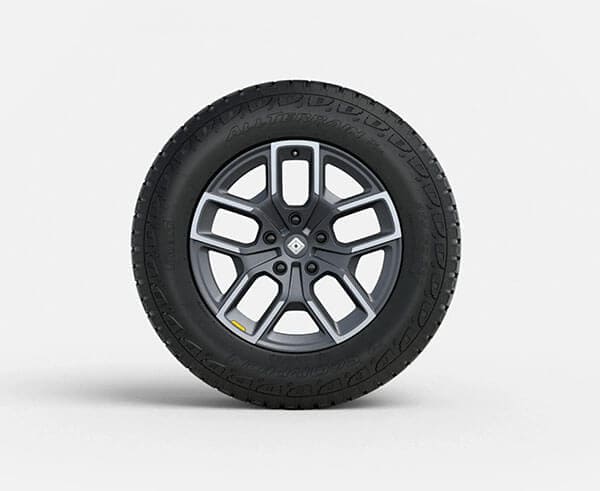
Stock:
275/65R20Alt:
275/60R20
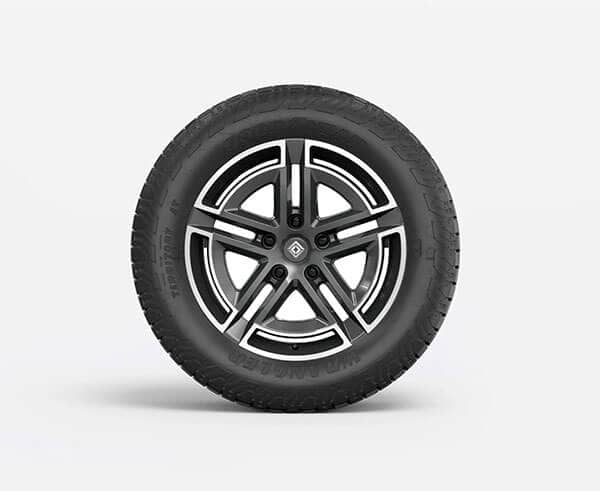
Stock:
275/60R20Alt:
275/65R20
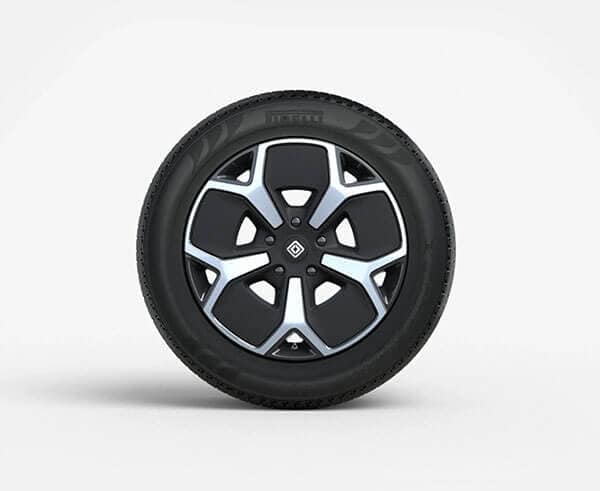
Stock:
275/55R21
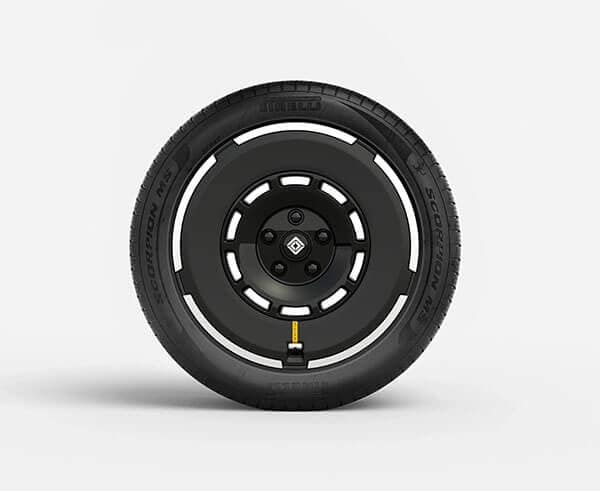
Stock:
275/50R22Alt:
285/50R22 305/45R22
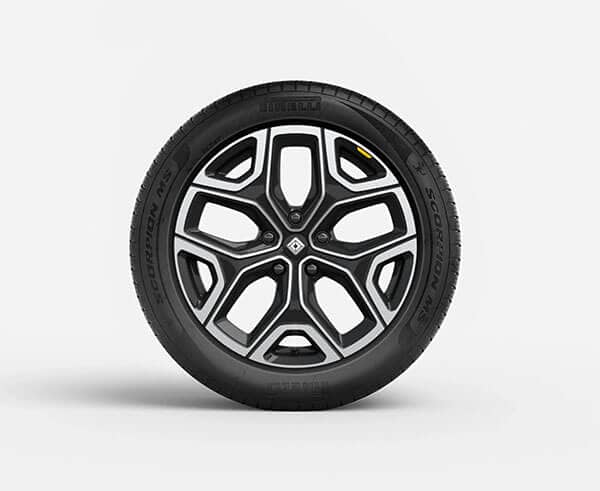
Stock:
275/50R22Alt:
285/50R22 305/45R22
